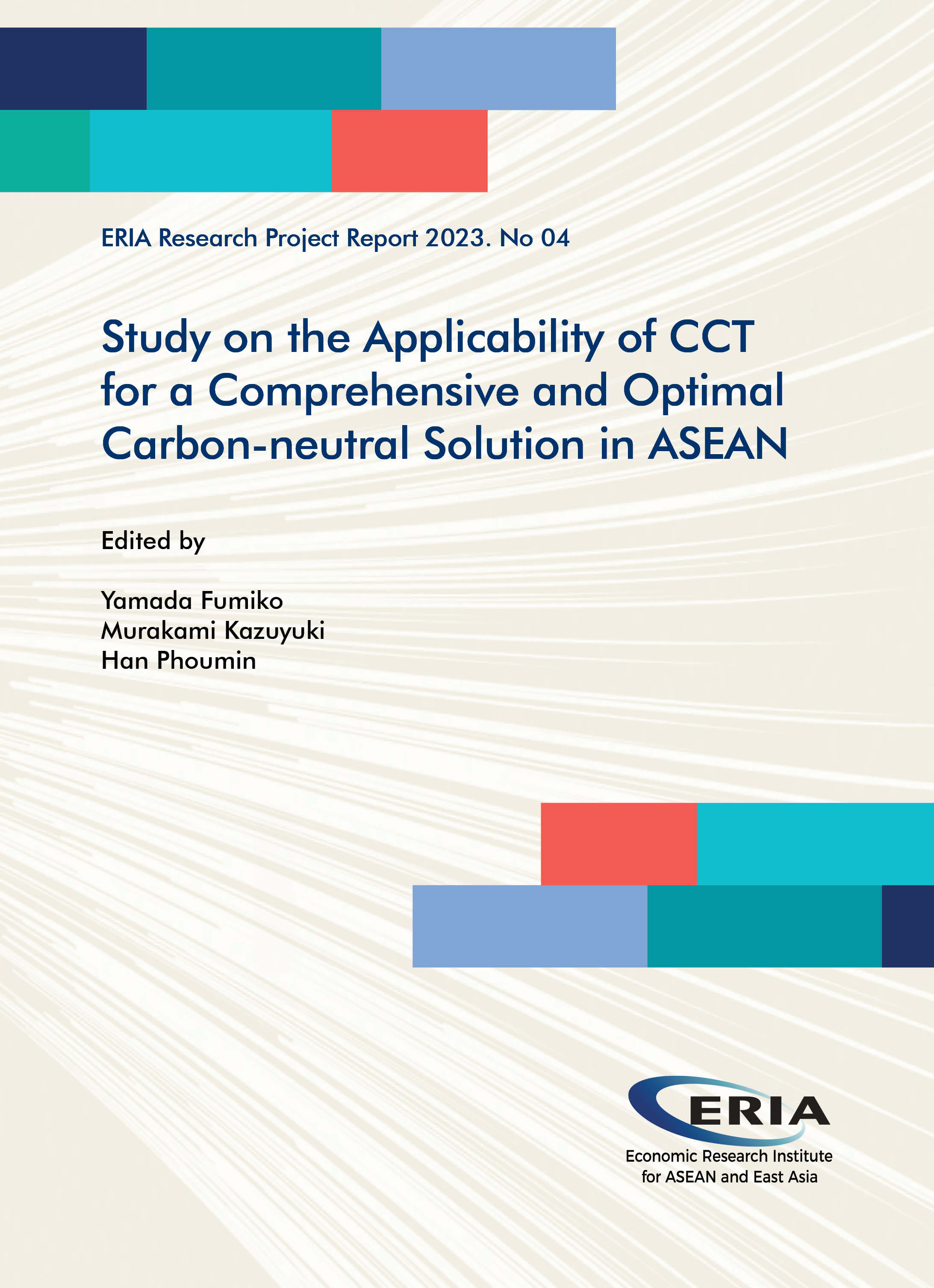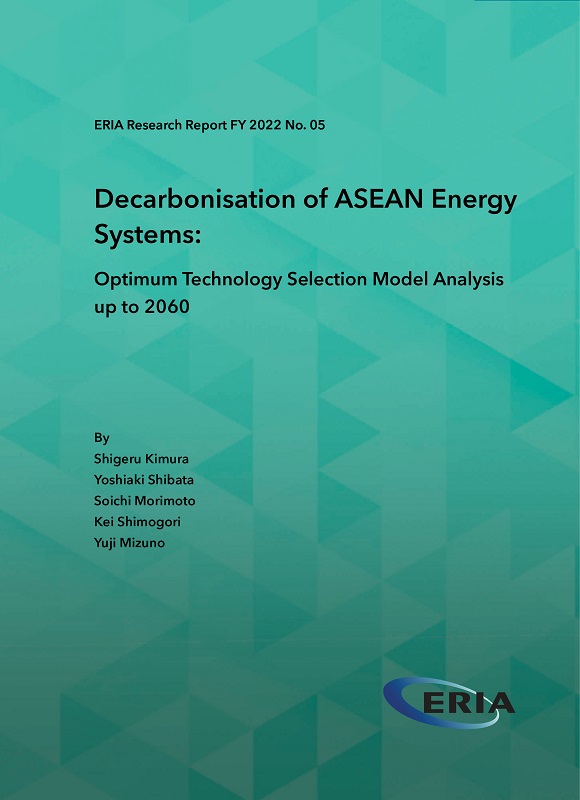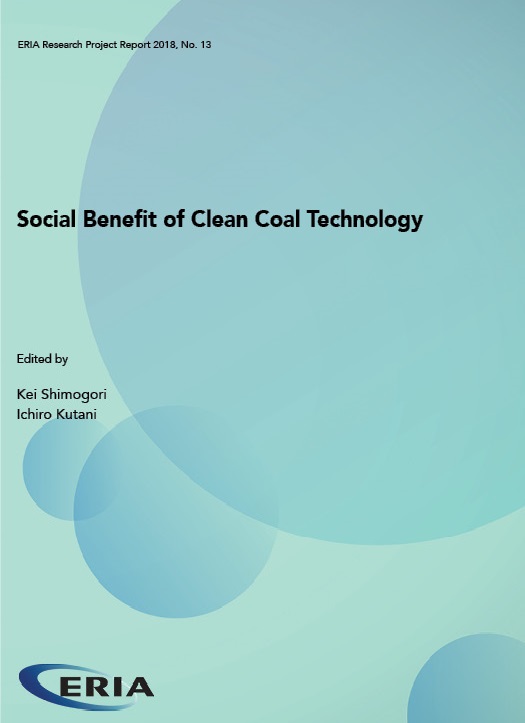Study on the Applicability of CCT for a Comprehensive and Optimal Carbon-neutral Solution in ASEAN

Date:
30 June 2023Category:
ASEAN, Energy, Environment and Climate ChangeType:
Research Project ReportsTags:
Carbon Neutrality, Energy, ASEANPrint Article:
The increasing electricity demand in the ASEAN region, driven by steady economic growth, necessitates a well-balanced and optimal generation mix of coal, gas, and renewables to meet the surging demand.
While ASEAN is committed to the development of renewable energy sources as part of the energy transition to reduce emissions, it recognises that renewables alone may not be sufficient to support sustained growth and ensure a sustainable energy supply for further development. Therefore, it is important for ASEAN to pursue an approach that includes all available fuels, including coal, and accelerate the deployment of cleaner coal technologies (CCT) and carbon capture and utilisation (CCU) solutions through relevant policy formulation.
This study focuses on carbon-neutral solutions involving applicable CCT and CCU technologies, with specific consideration given to four target ASEAN Member States: Indonesia, Malaysia, Thailand, and Viet Nam. The aim is to identify technology options that align with each country's specific circumstances and develop tailored approaches for achieving carbon neutrality. Realistic solutions, such as biomass and/or ammonia co-firing at existing coal-fired power plants, can be pursued alongside the development of other technology options for carbon neutrality.
Comprehensive development of the entire value chain, market, and relevant policies is crucial for the successful integration of emerging energy technologies, including CCUS. The recovery of CO2 has become a significant issue in both the power and industrial sectors, necessitating cross-sectoral cooperation. Policy initiatives supporting such collaborative activities and a financing scheme that encompasses the entire carbon-neutral project are essential for progress.
International collaboration and intra-ASEAN cooperation are valuable for studying the applicability and implementation of specific carbon-neutral technologies, and should be pursued for mutual benefit. Key considerations for ASEAN include measures for grid system stabilisation, recognising that coal-fired power plants can contribute to the energy transition with appropriate measures, fostering enhanced collaboration and cooperation, addressing waste management as a crucial issue, and establishing a new, cross-sectoral platform dedicated to ASEAN decarbonisation.
In summary, this study provides recommendations for ASEAN, emphasising the importance of tailored technology options, comprehensive development, cross-sectoral cooperation, financing mechanisms, international collaboration, and a dedicated platform for decarbonisation efforts. These considerations will contribute to a sustainable and efficient energy transition in the ASEAN region.
Full Report
Study on the Applicability of CCT for a Comprehensive and Optimal Carbon-neutral Solution in ASEAN
Contents
Chapter 1 Background, Objectives, and Methodology of the Study
Chapter 2 Energy Transition Outlook and Best-Available Technologies
Chapter 3 By-country Situation and Perspectives




